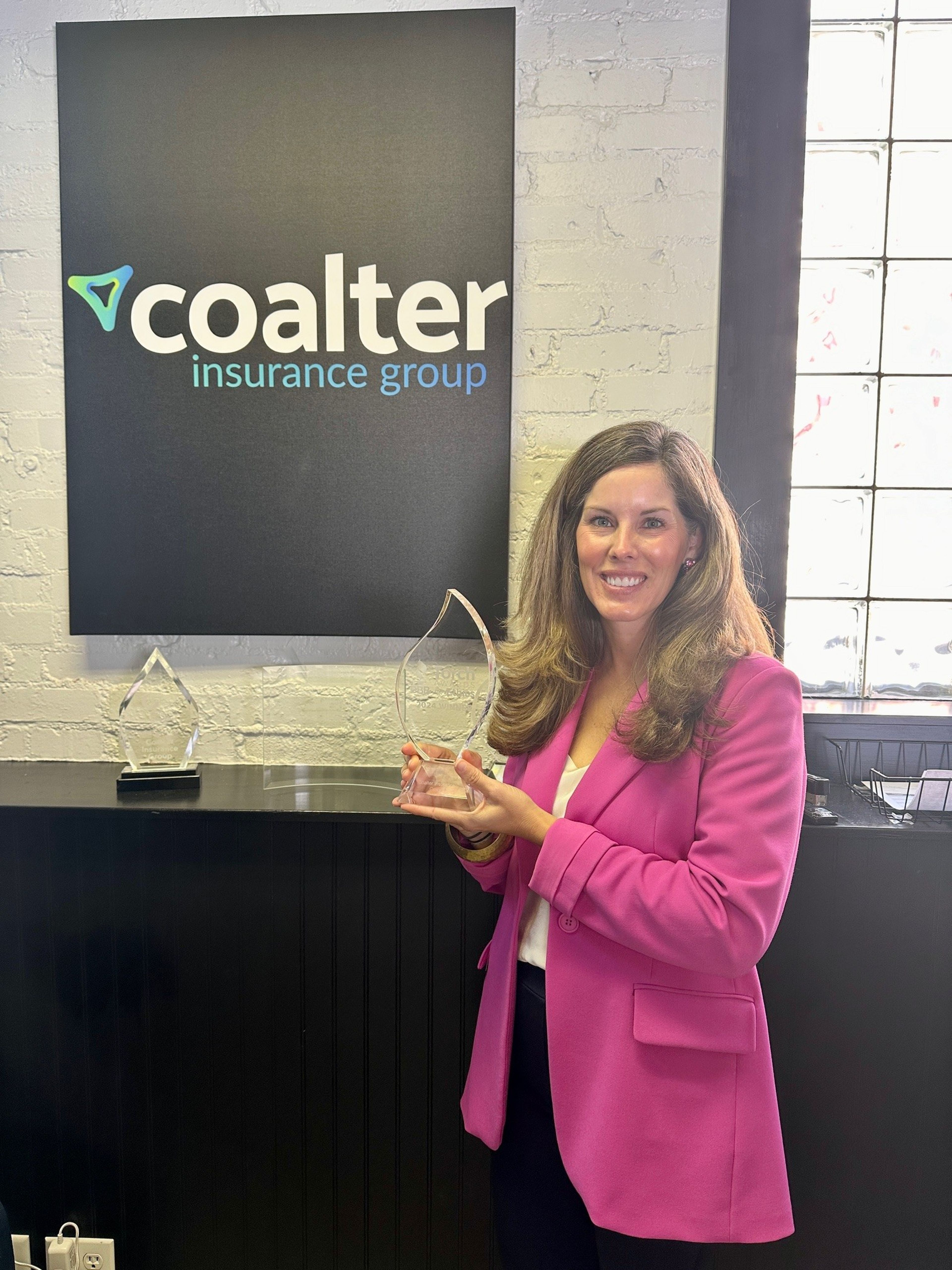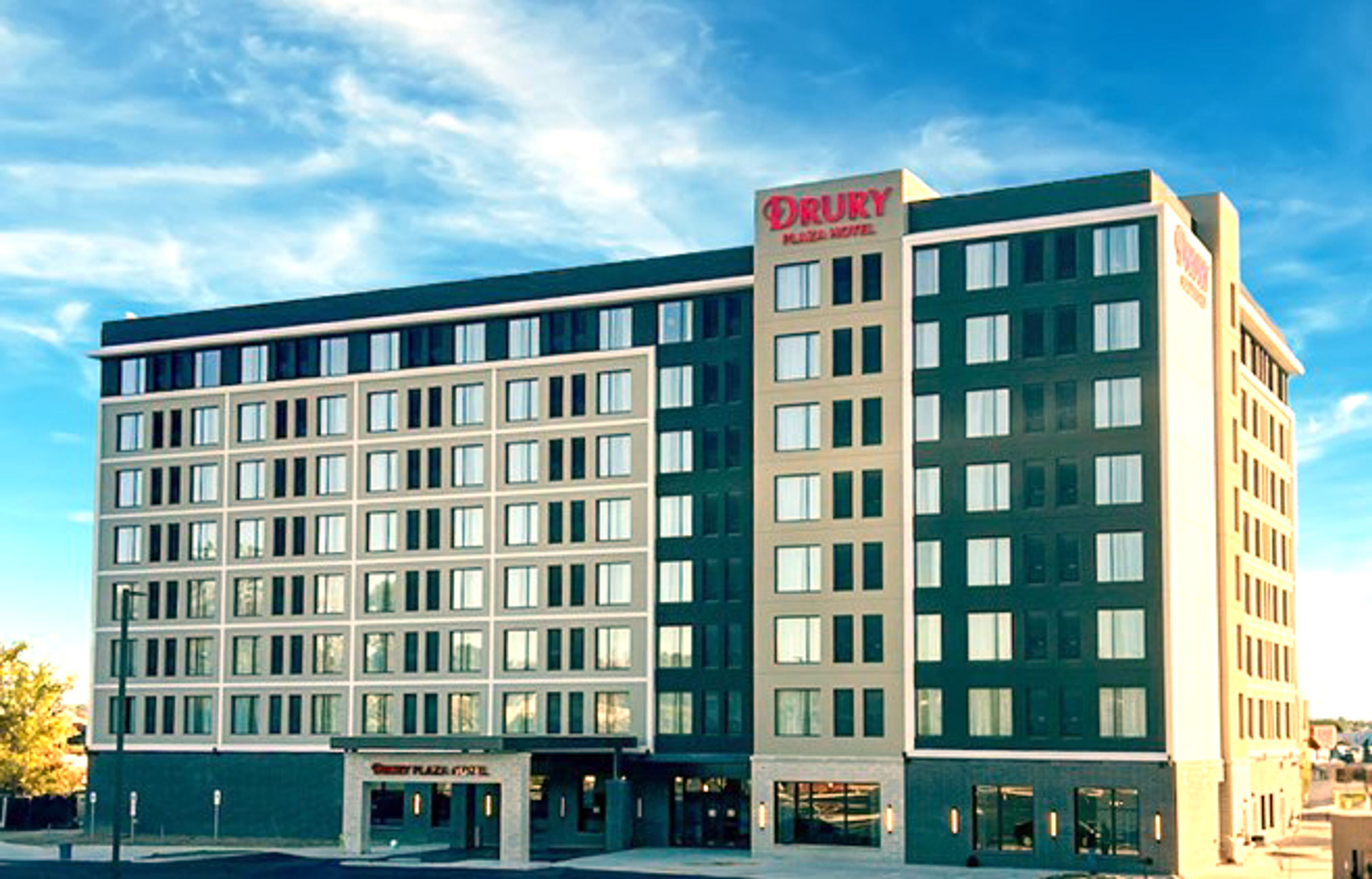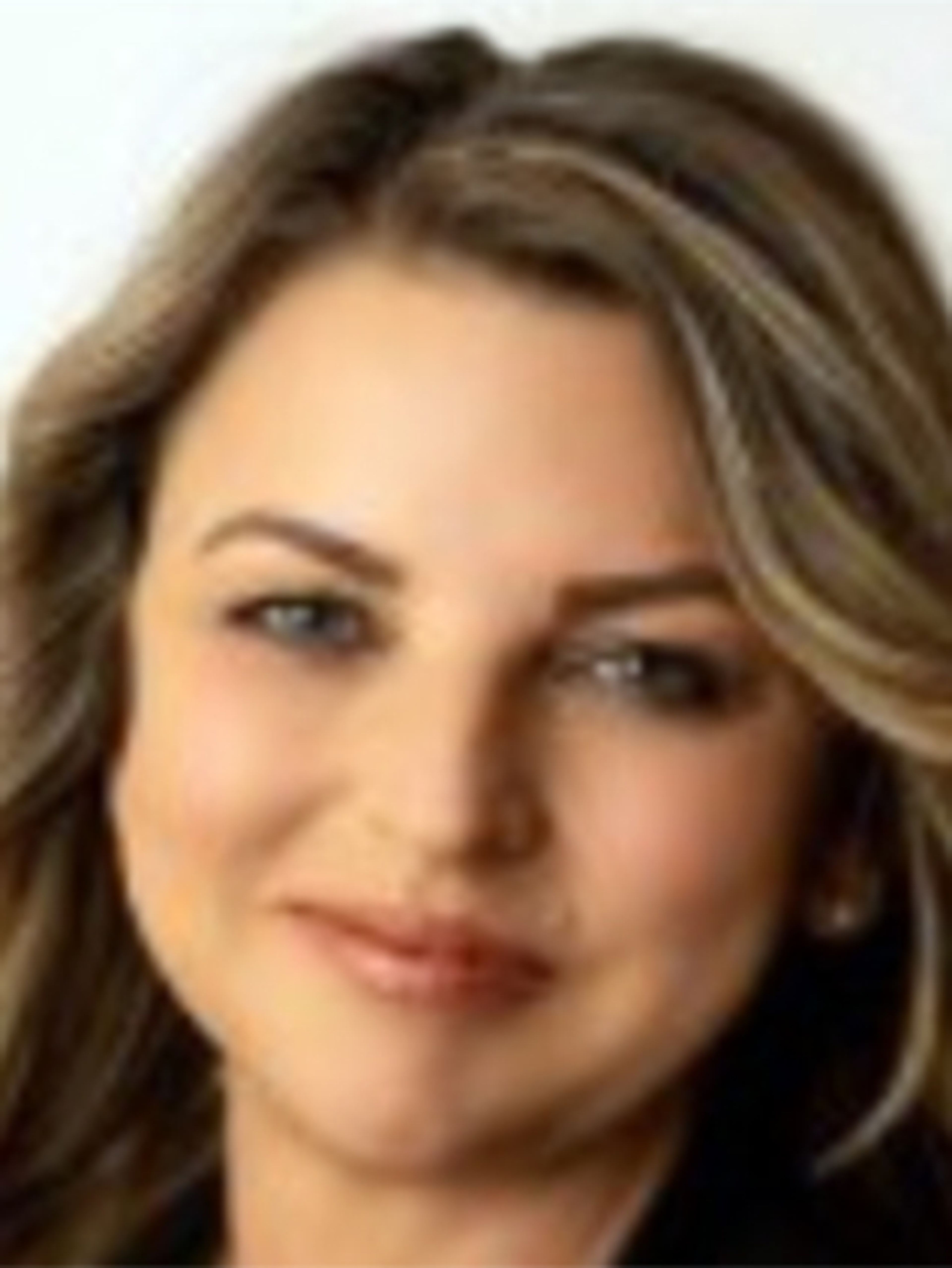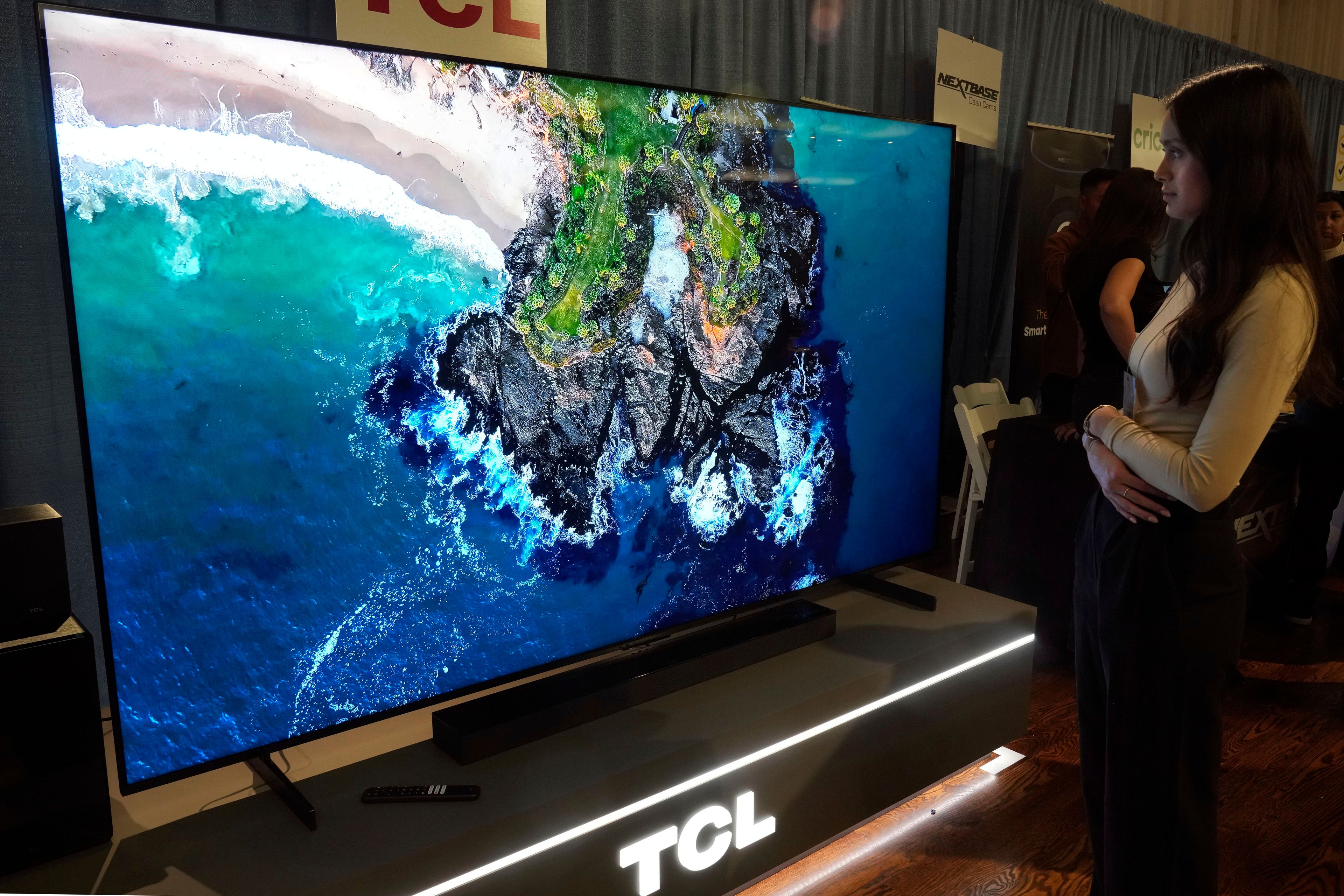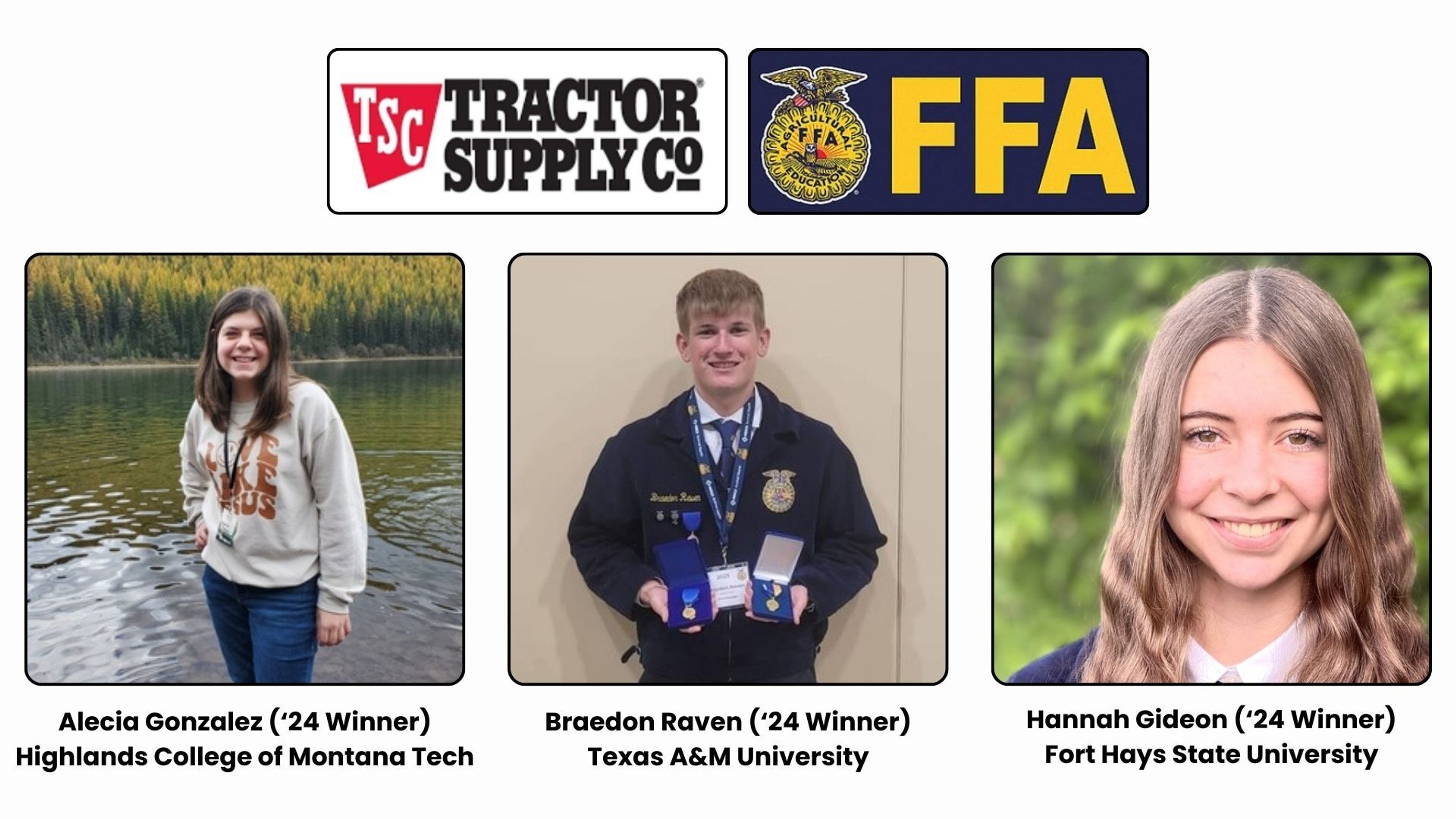Presidential debate: The leaders of of Mineral Area College, Southeast Missouri State University and Three Rivers Community College discuss secondary education's role in building a community
How does having a college in town benefit the community? Community colleges are typically the focal point of the community. We're the center of most anything involving business and cultural events. We're really about affordability and accessibility. ...
Dr. Steven Kurtz, president of Mineral Area College, Park Hills, Mo.
How does having a college in town benefit the community?
Community colleges are typically the focal point of the community. We're the center of most anything involving business and cultural events. We're really about affordability and accessibility. I've always wanted to be in a community college setting. I went to one, taught in one and I'm fortunate to be in the administration of one. This community has been impacted by thousands of students since 1922, when it used to be Flat River Junior College. Most of the prominent leaders in our community are Mineral Area College alumni. What's interesting is just over the last decade, how we've evolved in economic development. We're also more involved with trying to lure more businesses to the area, to bring business here from out of state or even retain those thinking about moving. A lot of folks in the area are place-oriented and they want to stay here so they go to Mineral Area College. We have a "two plus two" program with Central United Methodist for people to stay here and get their master's degree. We also have ITV, interactive television, through the University of Missouri Extension.
How do the college and the community work together?
We do a lot of partnering with the community. Lots of us here are involved with the chamber of commerce. We're very involved with civic organizations as well and with the school districts. We partner with the Cape Girardeau Career & Technology Center and we value that very much. We provide business and industry training and we're active in the Cape area, too.
Do you do a lot of recruitment?
It's become even more competitive. We have to recruit to survive. We're always trying to improve. You've got to have a vision and a plan with enrollment goals. We have a goal, by 2015, to have an enrollment of 5,000. We're just over 4,000 now. That's a big goal but it's probably going to happen, too. There's potential for growth in our area and we're very excited about it. We do value our partnership with Southeast Missouri State at the Perryville Higher Education Center. We've had that arrangement with Southeast for quite a while.
What do you enjoy most about your position as president?
What I enjoy about this is working with people. I always try to put our students first and even our constituents as well. Everybody here, we just want to make our community a better place to live. We have an Accent call center coming in. We work with corporations from all over and have over 20 custom grants. We have IDAs around — Industrial Development Authorities. There are two we work with extensively. The campus is just very active. I've been president for two years and before this I was dean of arts and sciences, so I'm just wrapping up seven years. It's been quite a learning experience.
Are there any specific examples of the college and community working hand in hand?
I think the number of jobs, the number of people that we employ here at the college. Our efforts bring quality jobs here, too. And when we're successful, it's a win-win for everybody. And to see our alumni succeed, everyone likes to read those stories. I had an assistant once that made a folding board of all the successful alumni in the community. There were bank presidents, police chiefs, mayors. It was really neat. A lot of the business leaders and school leaders are graduates of Mineral Area College or from when it was Flat River Junior College. We have a very strong foundation. And a very active board to raise funds for scholarships which provides another avenue for students to reach the goal of higher education. That's very important. One of the challenges is funding, especially with the Pell Grant. It's been relatively flat and what that means, in essence, is tuition is going up for our students and they have fewer dollars in their pockets. Most of our students have to work while going to school. When you talk about traditional and nontraditional, I don't know if we can classify that any further. Students have to work too, to make ends meet. Our average age is 26, I'd say about 40 percent are nontraditional here.
Dr. Joe Rozman, interim president of Three Rivers Community College, Poplar Bluff, Mo.
How does the college benefit the community?
The makings of a community college is a several-fold mission. We not only offer college transfer courses but we're also preparing students for the first years of their college education. Because we are part of the community, we react to the community. A lot of our programs are designed to put people in the job force and are designed to meet community needs. For example, a few years ago we had a dental assistant program because there was a need for it in the community. After a while the market was saturated so we canceled the program. We have a subject advisory committee as well as program advisory committees. We have 16 of those various committees and the people on those committees aren't only members of the college, but businessmen and women from out in the community that we serve. That's how we get input from the community. Putting out the programs that provide the workforce for them benefits not only business and industry but the residents. We listen to the people and serve the need. We have a lower tuition because our faculty doesn't have to do research, their mission is to teach. One hundred percent of their time is spent on students and teaching.
Does it help put jobs back into the community?
I think so. There have been some businesses and industries that need a workforce with certain training. We've talked with business leaders and certain industries won't go into an area without educational benefits. Especially if, say, factories are bringing some new equipment on their line, they want a venue where people can get that training. It helps provide more jobs in a community which helps benefit the people. The college itself, if you look at the money we bring into the community, we have 3,000 students and in one form or another, they pay tuition. We are one of the larger employers and we put a lot of money into the local community. Another advantage for the students is not only lower tuition, but if they go away to college, they have more living expenses. Here students can live at home and don't have those additional costs. One of the ways we try to do that, not only in the district, but in Southeast Missouri, is teaching classes in various locations. So we're putting classes in your backyard. We use technology, ITV — interactive television. It's real time, the students can see and hear the instructor. We're really into the community in many different ways. Dual credit courses are available for college through the high school. A lot of the smaller schools don't have enough people that want to take a language class. We have Spanish here and we teach that over ITV to some of these schools for dual credit. We use our technical equipment to make connections happen. We have these area schools that are sharing an instructor, say a physics instructor. One high school sharing a class with another high school using our electronic equipment.
What do you enjoy about your position?
I enjoy working at the college just in general. I feel the college does serve an important mission and makes a difference in people's lives. People think of the typical college student as the 18-year-old coming out of high school, but the average age here is 26. We have lots of nontraditional students who have been out of high school for awhile and are coming back for different reasons. Could have been a dream was interrupted or for pragmatic reasons, like they want to get a better job. People are coming here to school and getting retrained and moving on to new jobs and better jobs. A lot of the nontraditional students in the community have a family and children and cannot pick up and move away 300 or even 100 miles. I think we serve a really good mission here in this community. The mission is bigger than us and I feel good being a part of it. When we go to graduation and we see these students, not only the 20-year-olds, but the 30-, 40-, 50-year-olds graduating. It's a good feeling to be a part of that. In our nursing program here we have a father and a son in the same program.
My job here as student affairs and interim president is mainly dealing with people and I've always enjoyed that. I retired out of the military as a lieutenant colonel of the U.S. Army and came to the college. I've always dealt with people. Our motto is making a difference and we do.
Dr. Ken Dobbins, president of Southeast Missouri State University
How does the university benefit the community?
There are many benefits for the university and the city. One is the economic impact. For every 100 additional students at Southeast, that brings a million dollars a year into the economy. In 1994 there were 7,900 students. Now we have 10,006. Secondly, the activities that the university brings are tremendous. Just look at the River Campus. We have Broadway plays coming in and the St. Louis symphony. The opportunities to see the arts here, it really helps not only Cape Girardeau, but the whole Southeast Missouri region. I’ve been very pleased with the huge number of master tickets purchased and repurchased. That tells you that we’ve missed something in Cape and now we’ve filled that void.
The faculty and staff and the students that come in help keep the city vital. On the other hand, there’s the relationship of the city to the university. I’ve been in higher education for 28 years now and I’ve not seen a better relationship between the two.
It’s easy for us because we sit on the Magnet Board when we’re working with new businesses coming in, they want to know what kind of educational programs we have. By being on that and being partners with the county, it helps all of us. And I think because we get along so well — we have an excellent relationship with the police and fire departments — it’s so much easier when you have a positive relationship. There is a lot of coordination with the city.
Also, businesses look to see what kind of degrees we offer. Take the School of Polytechnic Studies: Our advanced students work as interns with local businesses. Our construction management students are hired by local, larger contractors to run projects. I think that bringing business in helps the city and county, but also helps us and gives us an opportunity for internships and jobs after graduation. It’s a win-win-win.
What do you enjoy most about your position?
I’ve been president for nine years, and executive vice president and chief financial officer for eight years before that. There are two things that I really enjoy. The first one is being at commencement. Sitting in the Show Me Center and seeing 1,100 students who have been successful and are ready to graduate. Seeing the faculty sitting next to them and then seeing about 8,000 moms, dads, sisters, brothers, grandmas, grandpas; I get goose bumps. Seeing how happy they are and to know that we’ve made a difference in their lives. I’ve been through 35 commencements at Southeast and when I think of the 30,000 students that have crossed that stage it’s just amazing. The second thing that I feel very happy about is that we have done a lot of building and a lot of improvements, but when I sit in the River Campus and hear and see, for example, the St. Louis Symphony, I watched the people who were there listening and I just smiled for the first five minutes. Most of these people don’t drive to St. Louis and I’m really pleased that I had a part of making the River Campus happen. It’s going to benefit people for years and years to come. And there’s one more. When we went out eight or nine years ago and put a regional campus in Malden, I thought, this is something that we should be doing. We now have one in Kennett, Sikeston, and Perryville. I look at those students and look at the opportunities that those regional campuses are providing. There are so many students, about 1,600, they would not have gone to college if it wasn’t for those centers. They weren’t going to drive to Cape. To provide higher education in those regional campuses will make a difference. It’s making a difference in people’s lives — that’s really the reward of being the President.
Connect with the Southeast Missourian Newsroom:
For corrections to this story or other insights for the editor, click here. To submit a letter to the editor, click here. To learn about the Southeast Missourian’s AI Policy, click here.
